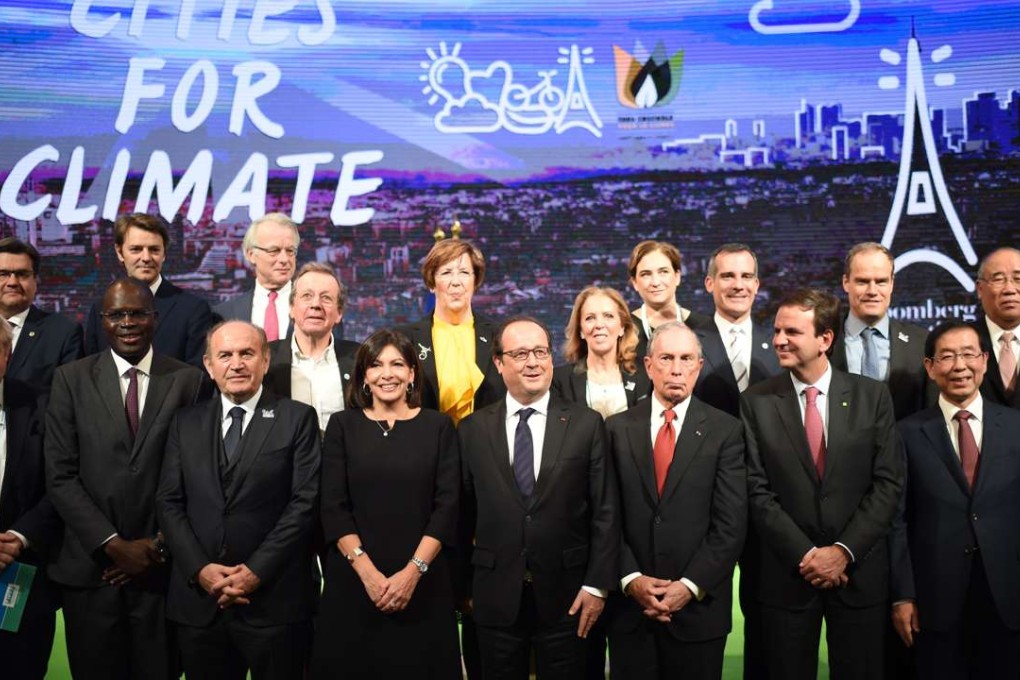Mayors from 7,100 cities forge world’s largest alliance to curb climate change

Cities on six continents joined up to form the world’s largest alliance to combat climate change on Wednesday, a move intended to help making ground-level changes to slow global warming.
More than 7,100 cities in 119 countries formed the Global Covenant of Mayors for Climate and Energy, a network for helping exchange information on such goals as developing clean energy, organisers said.
Cities are responsible for an estimated 75 per cent of carbon emissions contributing to climate change and consume 70 per cent of global energy, according to the United Nations Environment Programme.
“When mayors share a vision of a low-carbon future and roll up their sleeves, things get done,” said Maros Sefcovic, the European Commission vice-president and co-chairman of the new alliance, in a statement.
The coalition is the world’s largest, representing 8 per cent of the world’s population, its founders said. It results from the merger of two groups - the European Union’s Covenant of Mayors and the UN-backed Compact of Mayors.
The other co-chairman is former New York City Mayor Michael Bloomberg, a billionaire philanthropist who helped launch the Compact of Mayors.